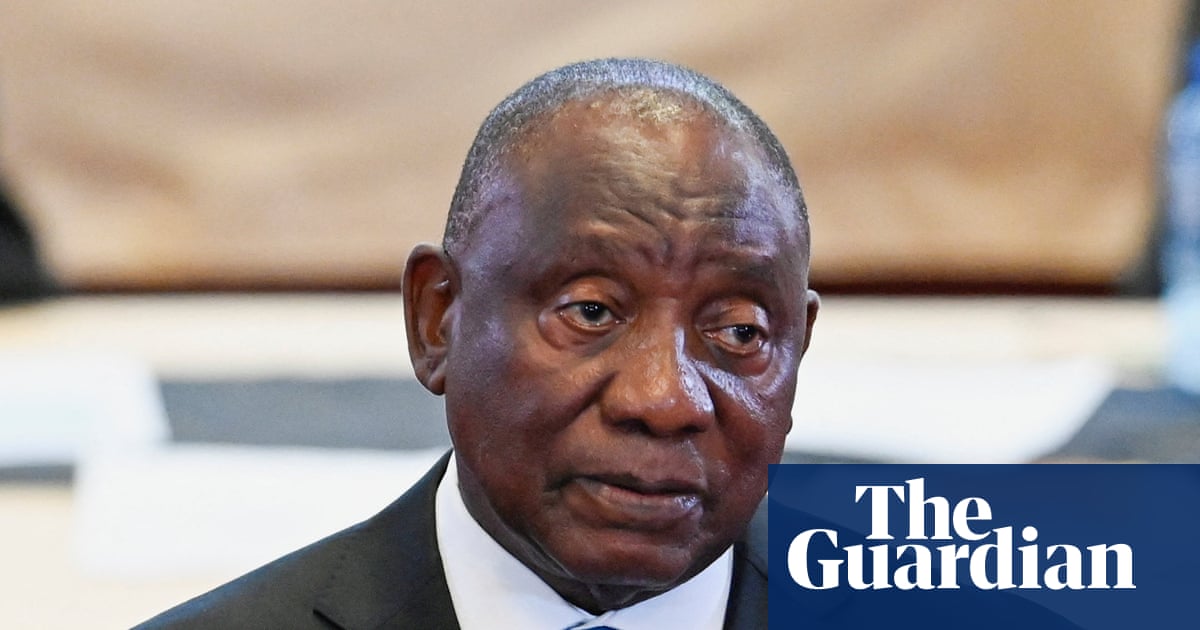Rachel Reeves’s speech was a pre-emptive confession that Labour would almost certainly break its manifesto commitment not to put up income tax in November’s budget. The credibility gap between Labour’s political theatre and the fiscal arithmetic has been obvious for weeks. The economic fundamentals haven’t changed for the chancellor, only the politics have – notably with Reform UK and the Tories making austerity policies central to their pitch.
Ms Reeves wants the coming argument to be that Labour is committed to protecting public services and jobs, while portraying her rightwing opponents as ideologically committed to shrinking the state. This is not a bad idea – if the wealthy fund it. And if a promise has to be broken, she has picked the politically optimal one – as even her shadow, Mel Stride, has conceded.
Chancellors don’t usually give speeches before budgets – and if they do, they tend to say nothing. But Sir Keir Starmer needed a line to bat away awkward questions from the Conservative leader, Kemi Badenoch, and Ms Reeves provided it. She has also given cover for the leadership’s ideologically conservative fiscal policies, now enforced in parliament through a three-line whip on the two-child benefit cap during an opposition day debate about welfare.
Ministers could have tabled a neutral government amendment which talked about “keeping the two-child limit under review”. It would automatically have superseded opposition amendments, avoiding a potential rebellion. But the government wanted a showdown with its critics. In the end, the Commons speaker did not call the amendments, but Ms Reeves took a chance to show the markets she wouldn’t bend to her MPs. The pound and stocks fell anyway, suggesting traders weren’t paying attention.
This is a pyrrhic victory. This year the government is probably going to be spending close to 6% of GDP more than it gets back in taxes. Around half of that goes to the banks and pension funds via interest payments on gilts as well as through quantitative easing. That’s double the amount injected into the real economy that voters see. The rest is for public investment which brings long-term not short term benefits.
This strategy runs a significant risk of blowing up in the government’s face. Ms Reeves is assuming that the private sector – either households or corporations – will take up the slack. But the only plausible way they will do that is through a borrowing binge, not productive expansion. The danger of such an unstable model is that it produces similar conditions to the crash of 2008 – only this time with families starting from a weaker position.
Many households are already highly indebted and facing a cost of living crisis. They are unlikely to be splashing the cash. Companies have shown no sign of investing, preferring financial accumulation and share buybacks. Banks are hoarding, not lending. If a government in a country that imports more than it exports insists on running too small a deficit, and the private sector is unwilling or unable to borrow and spend more than its income, then stagnation – or even recession – becomes the inevitable outcome.
Ms Reeves calls this stability. But it is a gamble – one that rests seemingly on households borrowing what the state will not spend, and on markets believing in a confidence that never arrives. If New Labour’s tragedy was debt-fuelled growth, then the farce is pretending it can happen again.
-
Do you have an opinion on the issues raised in this article? If you would like to submit a response of up to 300 words by email to be considered for publication in our letters section, please click here.

 3 months ago
83
3 months ago
83

















































